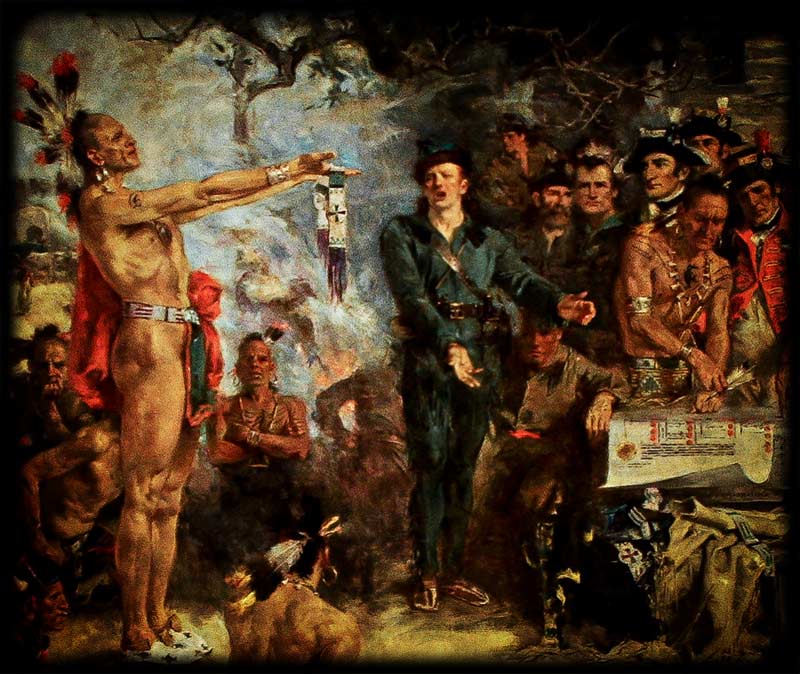It wasn’t far from Bethel, NY where an event occurred that became the defining moment of a new generation. The year was 1969 when almost a half million people descended on that rural community and Max Yasgur’s 600 acre dairy farm.
The festival was scheduled for just 3 days, but it would last in the hearts and minds of a generation for the rest of their lives. The festival was originally planned to be held in another small town southwest of Bethel, but when towns folk learned about the event, they promptly said “NO WAY!” Event organizers and their lawyers were forced to find another venue.
The townspeople of Bethel tried to get the festival banned, but eventually permits were issued for the festival which was expected to draw no more than 50,000.
Today, for anyone over 65, if asked about the Bethel Festival in ’69, they probably won’t have a clue. But if you ask them if they remember Woodstock, all will remember that event and probably 10,000 million of those people will swear they were there or were stuck in traffic trying to get there.
On this day in 1969 a new generation came of age at the Woodstock Music Festival, or as most would remember it as just Woodstock, just not Woodstock, NY, but not far from Bethel.
In Ohio history, a man that played a pivotal role in the settlement of the state and the treatment of Native Americans was killed when he was trying to free a group of Miami Native Americans being held hostage.

Long before this day, William Wells was captured by a group of Miami and grew up with them and to survive, he became part of their culture and eventually a prominent Miami member. He fought with the Miami against a St. Clair in western Ohio and helped turn that federal expedition into one of the most devastating defeats in American military history. Several years later he would assist General Mad Anthony Wayne against a united group of Native Americans in northwest Ohio that became known as the Battle of Fallen Timbers.
So one-sided was this defeat that the following year the majority of Native Americans in Ohio, requested a peace treaty between the Nations and the United States. That treaty became known as the Treaty of Greeneville. William Wells was the prime interpreter between the Nations and the American army. A year later, Wells and Chief Little Turtle went to Philadelphia to meet with President Washington. It wouldn’t be the last time these two men would meet with the President of the United States.
On this day in in 1812, at the onset of the War of 1812, William Wells was leading a military force to Fort Dearborn to secure the release of hostages being held, but before they arrived, a group of Potawatomi Indians ambushed the group and Wells was killed.